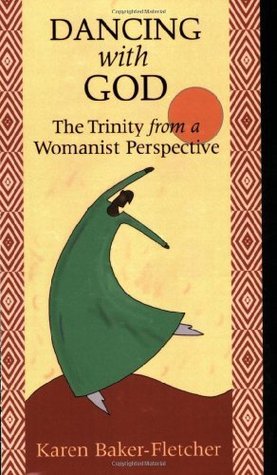Kindle Notes & Highlights
Read between
April 2 - May 9, 2018
In a womanist approach, God is social. Therefore, theology-the study of God-is inherently social. It is concerned with both who God is in relation to God's self and who God is in relation to creation.
Experience is key to understanding the divine-creature relationship, particularly as we understand that scripture, in its inspiration by the Holy Spirit, is also part of the religious experience of biblical writers.
A distant or absent God is not possible within a Christian worldview in which God, according to New Testament literature is Emmanuel (Matt. 1:23; compare Isa. 7:14; 8:8), God with us. If God is with us, then God is present and relational. If God is present and relational, then God responds to creation which means creation must ever be created to respond to God.
Either God is not all-powerful, or there is no freedom.
God responds to a world of sinful human beings to lure or call it into healing, saving, redeeming, and sanctifying relationship with God.
Forgiveness does not require human beings to trust those who have deeply hated them and sinned against them.
Forgiveness does not require close personal or social association with those who wound. It never entails accepting sin.
To the contrary, overcoming evil is redemptive.
To overcome the cross with Christ, then, includes being willing to risk your own life in the process in the call for justice.


